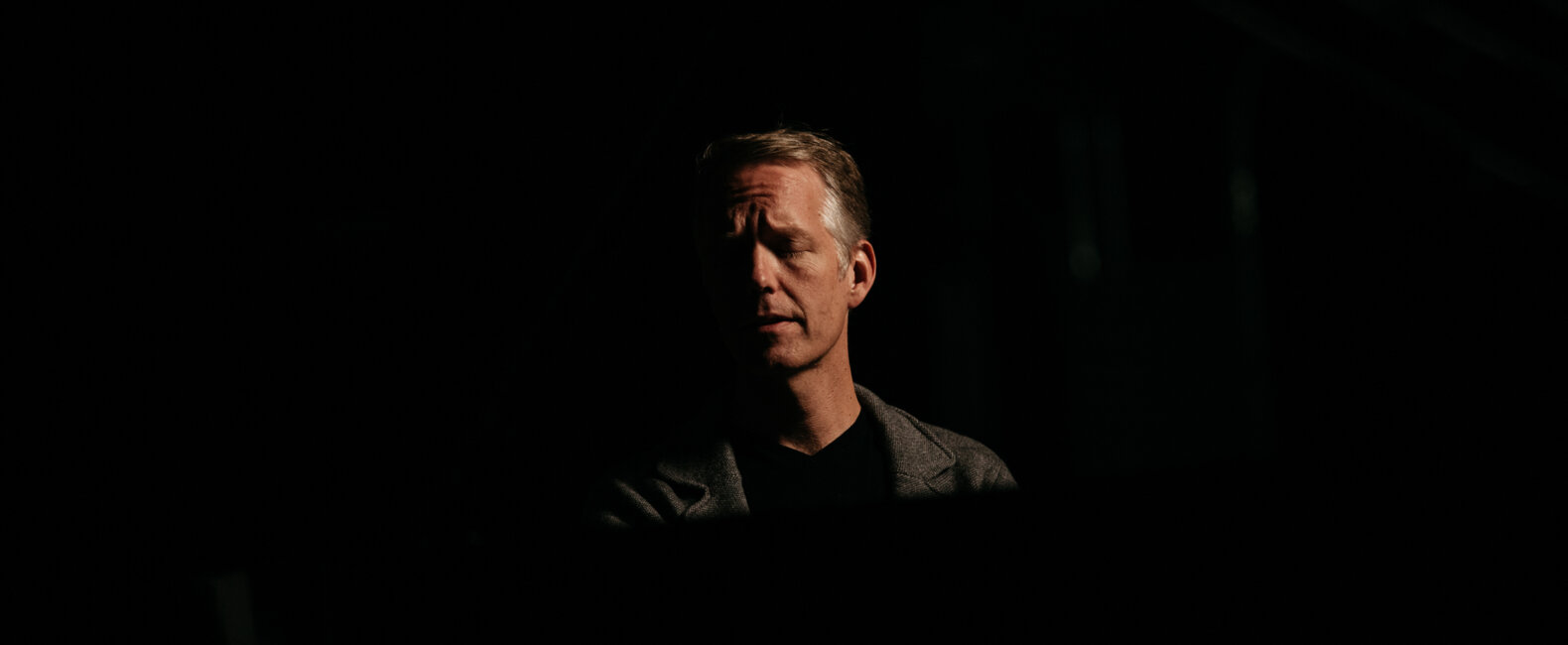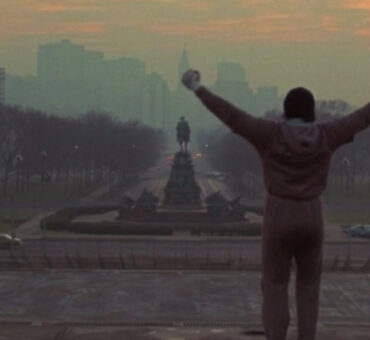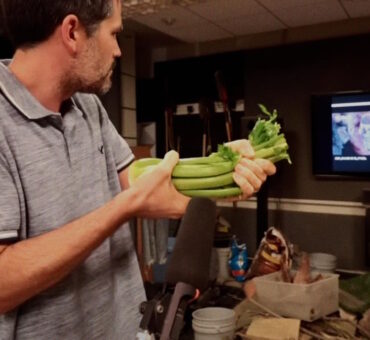We ended up talking a lot about Brooklyn in this interview. That’s the city where composer Chad Lawson got his start, and it’s the city that, several years ago, he decided to leave. Like most people (creative people, especially), we’re suckers for the mythology of New York City, no matter how outdated that mythology may be. There’s just something about that place. And it seems unavoidable that where we are — geographically, emotionally, etc. — becomes a part of what we make. Our context finds its way in. That’s exactly what happened for Chad.
After moving to New York for jazz — a genre that often prides itself on sheer notes per minute — Lawson pulled a 180. He became a minimalist composer and moved to North Carolina. Since then, he has continued to strip down his music to its most essential elements. His project, The Chopin Variations, is one of his most extreme acts of distillation: Chopin’s work boiled down to its barest bones. Upon its release, the album hit #1 in its genre on Billboard, iTunes, and Amazon.
We talked with Chad from his home in North Carolina.
Are you in Brooklyn?
Chad Lawson: I have a Brooklyn phone number, but now I live in Charlotte, North Carolina. My wife and I left Brooklyn right when it was becoming trendy. The Whole Foods moved in and we were like, “Yeah, we’re outta here.” That was in 2009 or so.
Charlotte sounds like a change of pace.
It’s funny, actually. I’ve accomplished more while living here than I did when I was in New York. Up there you’re fighting for every nickel just to pay rent. I took everything that came my way. Down here I can have more of a routine. I can decide if I’m going to spend two hours a day on social media, two hours practicing, whatever. You end up allocating your time better when you don’t have to take $50 gigs.
People have such a romantic view of being creative in Brooklyn. You’ve got like The National and Sufjan Stevens and Annie Clark getting their starts there.
New York is for two types of people: the young and the rich. When you’re neither of those things, it’s time to get out. When I was young and single, I loved it. My room was a little bit bigger than a twin mattress, and I was totally fine with that. Rent was $550 a month. I was playing gigs and doing jam sessions. I was able to work with some unbelievably talented people. That’s how I networked. The purpose was served.
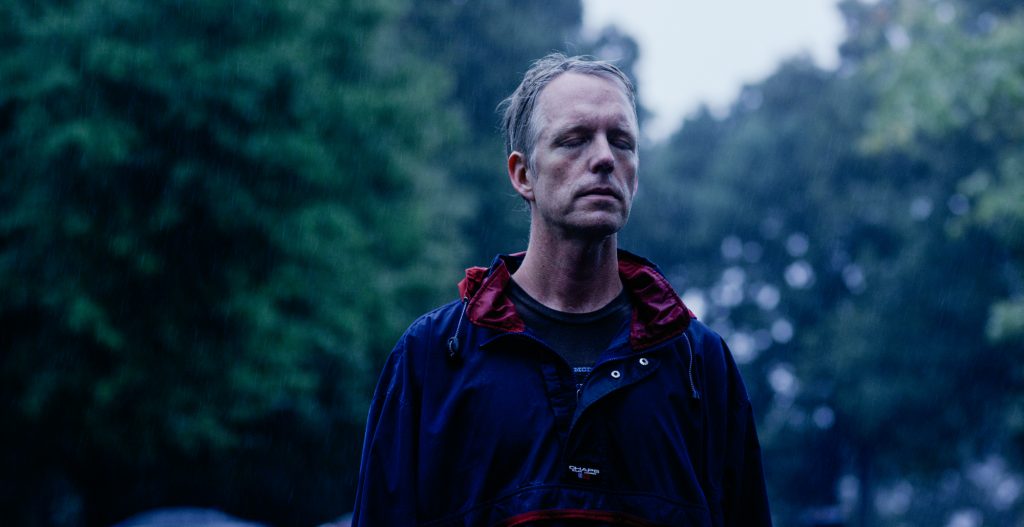
New York is for two types of people: the young and the rich. When you’re neither of those things, it’s time to get out.
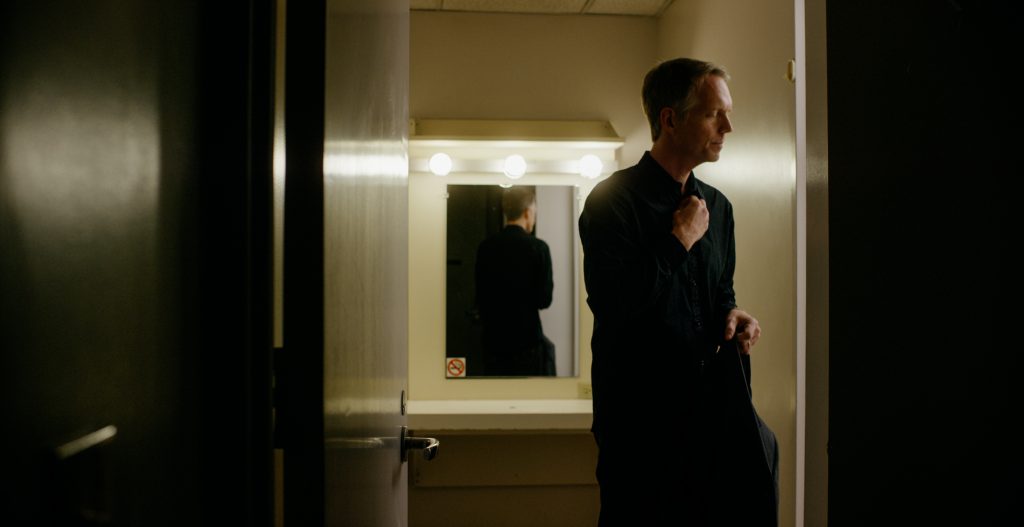
Do you miss it?
Oh, man. I miss it every hour of the day. I really do. A lot of people get rejuvenated by going to the mountains; but for me, it’s the city. It’s New York. There’s an energy there. Everyone is there for a reason. Everyone has a purpose. But it will chew you up and spit you back out if you don’t have thick skin. Part of the reason we left, actually, is because I got really sick. Stomach disease. I lost 40 pounds in a month and a half. The day after I recorded my first solo piano album, I went into the hospital for 21 days. It was time to get out of the city, but I do miss it.
I read that you got your start in jazz bands.
That’s why I moved to New York. I had a jazz trio, and our second album did really well. It was number seven on the international charts. I was like, Well, I’d better move to New York. I ended up studying with a really well-known pianist in the city. I waited tables during the day and played jam sessions at night. Then I got called to play with Julio Iglesias. When that gig was over, I was back waiting tables. You never know. You play in front of 35,000 people one night, and the next night you’re asking someone, “Do you want that medium rare?” That’s what made me realize I wanted to do my own thing. I didn’t want to rely on other people’s gigs. I didn’t want to be out of work at random times. And honestly, that’s why I started focusing on scoring.
When I was young, my dad told me you have to learn how to make money while you sleep. That’s the most important thing you can go after. The first licensing work I did was for MTV’s Teen Mom 2. Around that time I was supposed to perform in Spain. But I was looking at my bank account balance the day before, and I was thinking there was no way. We were going to get stranded there and have to beg for money. But later that night I looked at the account again, and there was a good chunk of change in there. I had no idea what happened. Turns out it was from the MTV episode. So I was like, Okay, that’s it. That’s going to be my focus.
Is the satisfaction different, playing music to license as opposed to playing in a jazz club?
The thing about jazz is, even when we were playing in prominent rooms in New York, the money is really bad. I think the whole trio would make $75 for a night. Jazz musicians are just that passionate about jazz. They’re offered a gig on Valentine’s Day that doesn’t pay anything, it’s six hours long, and they’re like, “Yes, I’d love to.” The music is coming from your heart. I miss that element of it. It’s different with music licensing but in a good way. I just got a notification that one of my songs was licensed on Musicbed. I see that and I’m just so grateful. It’s a different kind of grateful. It’s like, now I can feed my family.
Is it hard for you to write songs?
It’s interesting. After my last album, the Chopin thing, I decide to post a new song to SoundCloud every week, just to keep my name out there. I would spend two hours at the most on these songs. The very first one was called “She.” I literally wrote it and recorded it and mixed it in an hour and a half, and that little song has far exceeded the licensing of anything else I’ve ever done.
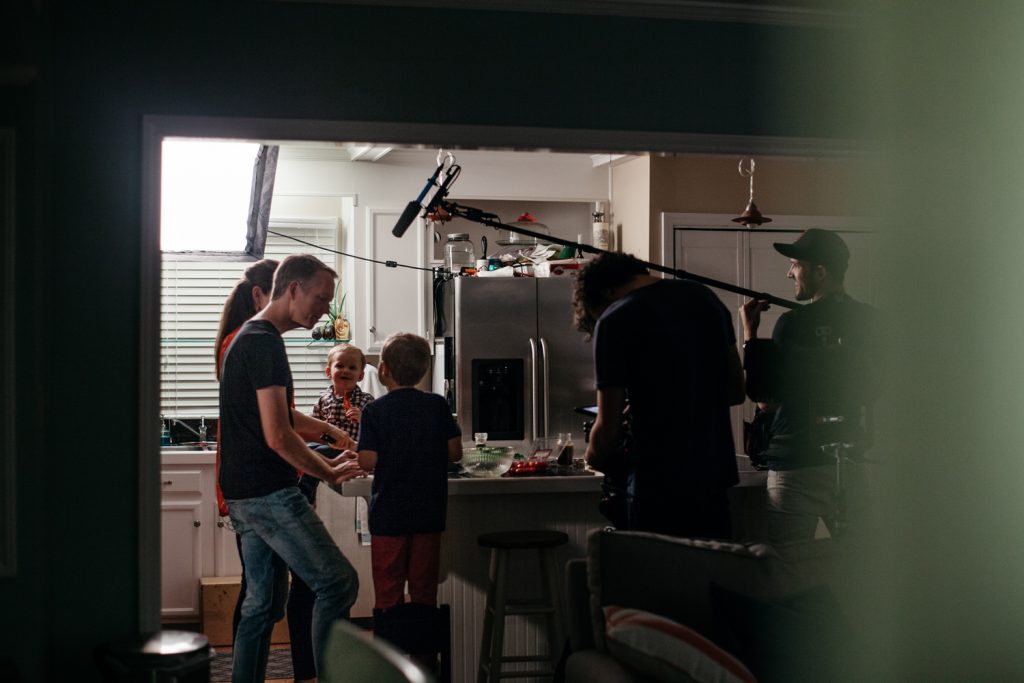
For me, I’m always thinking about how simple I can make something and still have it be enough.
Do you think a song is more honest when it comes out quickly like that?
I think so. I read somewhere that Bob Dylan never rehearsed a song more than twice before a recording session, because he didn’t want to ruin it. For me, I’m always thinking about how simple I can make something and still have it be enough. I’m very minimal. Any simpler and there’s going to be a lot of empty space.
You’ll end up writing John Cage’s 4’33”.
Exactly. But I think there is an authenticity to the songs that happen quickly. A lot of these things I’m mixing and mastering myself. I shouldn’t be mixing and mastering, but that’s how it goes. When I’m inspired by something, I work fast. I’m going to get a little heavy on you here, but I literally have to wait for the Lord to be like, Okay, it’s time to write. There are a lot of people who write every day, but I don’t work that way. I wait until God says it’s time to write an album, and then I sit down and say, Okay, what’ve you got? It’s not mine. I don’t claim it as mine. I remember it wasn’t until I wrote the album The Space Between that I first started feeling comfortable in my own skin. I wrote that album in a day.
One day?
Yeah.
The whole album?
All except one song. I wrote that song the next day. But writing that album is when I realized I didn’t need to rush anything. I didn’t need to worry about being entertaining. What’s wrong with there being a bunch of space between the notes? That’s when I became comfortable with myself. That’s when I became comfortable being incredibly minimalist. It’s just what I am.
Is that what informed your approach to The Chopin Variations?
What I did was I Xeroxed all of Chopin’s sheet music, and then I went through and circled the notes I wanted to keep. There are places where Chopin’s melody has six notes. I was like, Well, what if I kept only two? It still left this incredible melody. So then I recorded those piano parts and sent them to New York to have the strings done. I didn’t send any charts or direction. I just told them to play what they felt. So what you’re hearing are the parts they made up.
That’s your jazz side showing through.
Exactly. That’s exactly it. The violinist and cellist I sent the tracks to are both Juilliard graduates. They play with people like Lady Gaga and Kanye West. They can play concertos all day long. So for them to try to figure out how to play as little as possible and still make an impact, that turned out really nice.
Do you think all music is spiritual?
I don’t know. Maybe so. I think it has a lot to do with where a person is at in his life. When I recorded my first album, I was at the height of my sickness. Between takes I would lie under the piano just to catch my breath. And I think people connect to the rest and healing in that album. I think it’s in there because of what I was going through at the time. It translates through. I think music has a lot to do with where a person is at in his life at the time he makes it, and at the time he hears it.
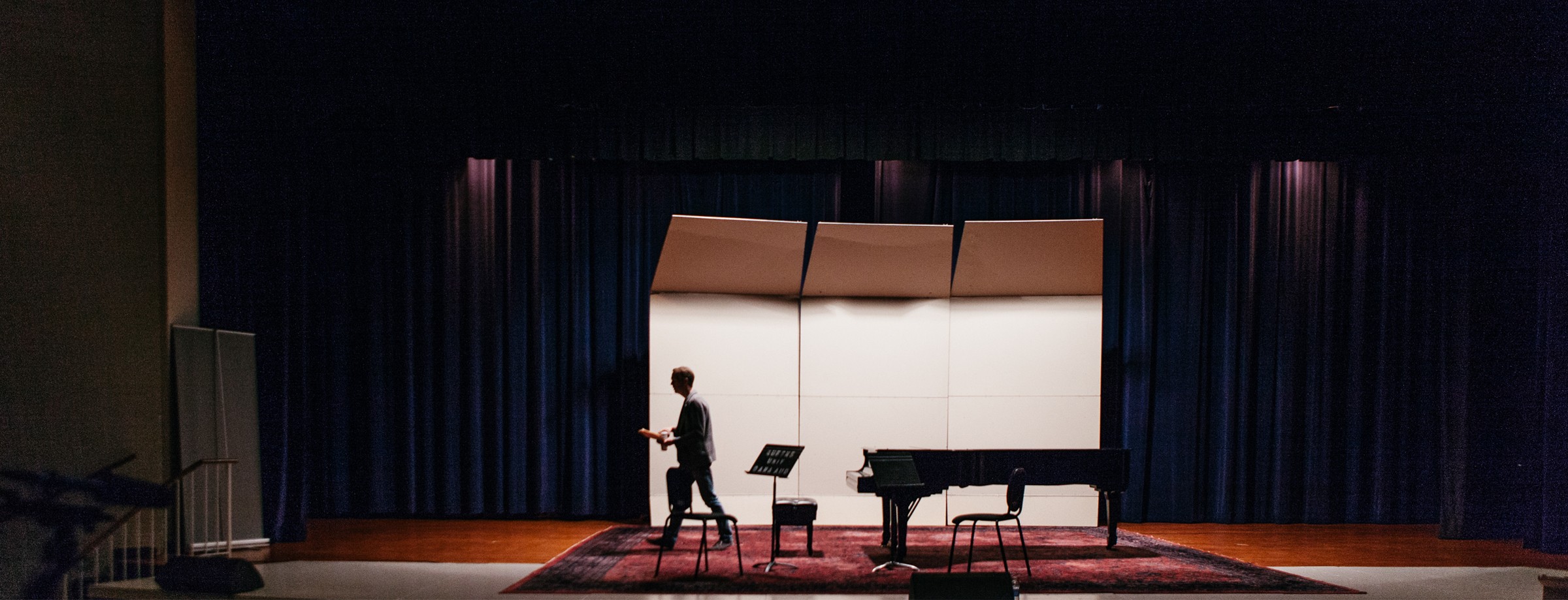
Chad Lawson is making music unlike anyone else. A mix of classical, modern, ambient, experimental. But it’s always personal and always honest. We’re thrilled to have him as part of our Musicbed family.















































































